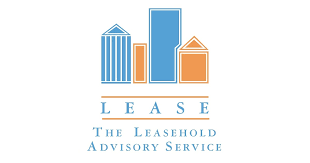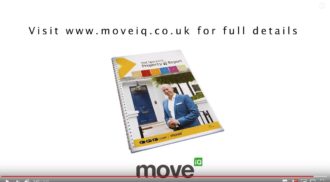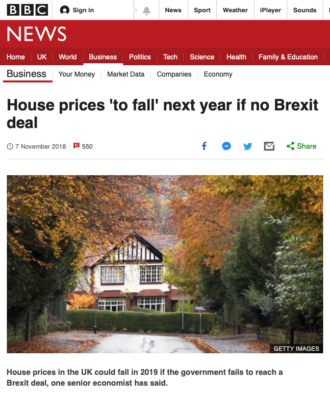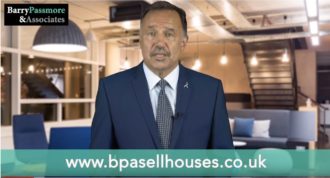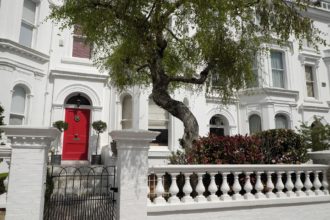
FREE Leasehold Advice
Our founder, Darren Grant, worked for many years in partnership with a London based specialist firm of Chartered Surveyors providing leasehold solutions (some of which were highly complex) in respect of flats throughout England and to include high value properties in prime central London. Darren has a broad knowledge of the statutory and non-statutory processes of dealing with Lease Extensions and Collective Freehold Enfranchisement (freehold acquisition).
Darren would be delighted to assist with his advice and work with you in planning a cost efficient strategy and introduce you to specialist Chartered Surveyors to value, negotiate and, if necessary, stand as expert witness in the unlikely event that your matter were to find itself in a property Tribunal. You will also require the services of a solicitor and again, Darren would be happy to recommend suitably qualified and experienced practitioners.
There is no fee payable for this service, however, for the sake of full transparency, we may be paid introductory referral commissions. In that event, the level of commission will be the same regardless of who may be referred and professional fees will never be inflated to cover those commissions but absorbed within their standard fees.
For an initial consultation you can contact Darren on 01963 530150 or darren@agents4buyers.co.uk
There is some additional information below which you may find useful and a link at the bottom of this page to a lease extension calculator provided courtesy of the Government backed Leasehold Advisory Service. The calculator will provide you with a very rough guide only as to the price of the premium payable and a formal valuation should be undertaken by a qualified Chartered Surveyor before proceeding further.
Lease Extensions
Why extend your lease?
There are a few very good reasons why you might consider extending your lease, and doing it sooner rather than later:
- ENHANCED SALES POTENTIAL – It is an unavoidable fact that a long lease (which might nowadays be regarded as having at least 100 years left on the term) is pretty much a pre-requisite to an uneventful sale. The market is becoming increasingly aware of the issues surrounding short leases and mortgage companies and their advisers are much less willing than they used to be to accommodate the short lease within their lending criteria.
- SECURITY OF INVESTMENT – Ultimately your leasehold flat, were the lease not to be extended, would revert to your freeholder and every year that passes will tend to increase the financial cost of any extension.
- 80 YEARS IS A CRITICAL MOMENT – Once your lease falls below 80 years, marriage value comes into play. In simplistic terms, this means the freeholder (or competent landlord) is entitled to a 50% share of the difference in value between the existing short lease and the new extended lease. As your lease gets shorter, so the difference grows and so the greater the sum payable, hence the need for prompt action.
What does the Act give you?
Under the Leasehold Reform, Housing & Urban Development Act 1993, as amended (the Act), a qualifying leaseholder (i.e. someone who has owned their flat for at least 2 years) has the right to a new lease, extending their lease term by 90 years and extinguishing the ground rent. There are only a few exceptions to this.
The informal alternative
As well as the statutory entitlement to a new lease there is nothing to prevent a leaseholder from agreeing a lease extension informally with the landlord. This often tends, however, to give the landlord something of a tactical advantage ad seldom results in the best deal for the leaseholder. It may sometimes have the attraction of being quicker and less involved but there is usually a price to pay.
Freehold Purchase
Collective Freehold Enfranchisement
Background
The valuation principles surrounding collective freehold enfranchisement applications are similar to those for lease extension. By its very nature, however, it is likely to be a more complex exercise since it will involve more than one fat or maisonette.
Due to the fact that a number of individuals will likely be involved there will almost certainly be coordinating issues to overcome. Anyone who has previously taken on this role would likely advise you of the stresses that can be involved.
Why enfranchisement?
There may be various reasons why leaseholders choose to enfranchise.
- To re-establish the value in the flat where there is an existing short lease. By buying the freehold, flat owners gain the power to extend their lease up to 999 years with no ground rent at minimal cost. However, the additional value that is created by this over and above acquiring a long lease, is often exaggerated and typically one might suggest that a 1% uplift is the norm.
- Sales appeal – Some may regard a ‘share of the freehold’ description as a marketing advantage.
- Control of the management of the building – Freehold acquisition is ultimately a more effective way of doing this than a right to manage scenario.
- Development opportunities – The freeholder will usually be entitled to be compensated for the loss of any development opportunity and the ownership of lofts and garden areas is therefore an additional complication in the process when establishing the price to be paid.
Who can enfranchise?
No individual leaseholder can unilaterally elect to acquire the freehold interest. Te basic rule is that a 50% quorum of the leaseholders is required to participate, but where there are only two flats in the building then both will need to participate.
Unlike with lease extension, there is no 2-year ownership requirement to qualify to become involved in a freehold enfranchisement application.
The building itself also has to qualify and this can sometimes be an issue, for example, where it is in mixed use and there is a commercial element such as shops etc. The basic rule is that no more than 25% of the floor area in the building must be taken up by the commercial element.
Read more

